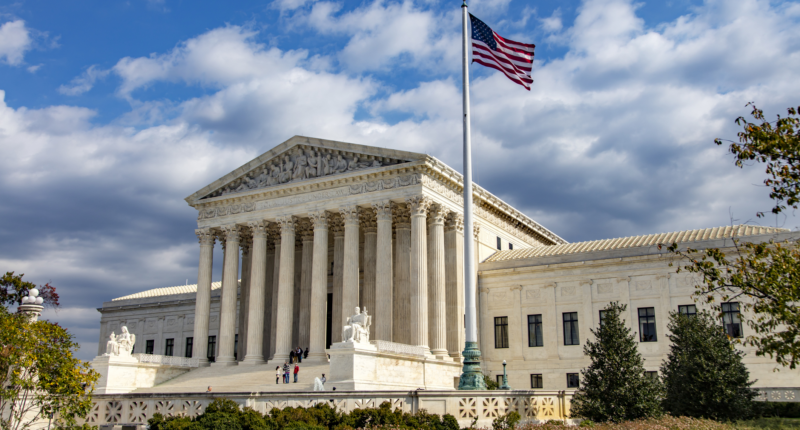In a highly anticipated speech at the Lyndon B. Johnson Library in Austin, Texas, President Joe Biden unveiled his long-awaited proposal for reforming the Supreme Court, drawing a historical parallel to President Lyndon B. Johnson’s legacy of civil rights advocacy. The address, marking the 60th anniversary of the Civil Rights Act of 1964, emphasized the need for judicial changes to uphold and advance civil rights in contemporary America.
Biden, who last week announced his decision to step aside from the presidential race and hand over his campaign to Vice President Kamala Harris, used the occasion to spotlight what he describes as the Supreme Court’s recent departure from critical protections in voting access, abortion rights, and affirmative action. He argued that the current Court’s conservative majority has reversed significant precedents in these areas.
“We do not celebrate these laws as part of our past, but as critical components of our future,” Biden asserted. He drew a connection between Johnson’s efforts to enforce civil rights laws and today’s judicial landscape, recalling Johnson’s historical nomination of Thurgood Marshall as the first Black Supreme Court Justice and his vigorous defense of civil rights through the courts.
Biden’s proposal includes several significant reforms aimed at addressing what he perceives as the Court’s recent overreach. The centerpiece of his plan is the imposition of 18-year term limits for Supreme Court justices. “The United States is the only major constitutional democracy that gives lifetime seats to their high court,” Biden said, highlighting the uniqueness of the American system in this regard.
In addition to term limits, Biden is advocating for a binding ethics code for the justices to enhance accountability and transparency. He also proposed a constitutional amendment to limit presidential immunity, a response to the Supreme Court’s recent ruling that granted former President Donald Trump immunity for official acts performed while in office. Biden condemned this ruling as setting a “dangerous precedent” that could allow future presidents to act with impunity.
With the Supreme Court playing a crucial role in shaping U.S. law and policy, Biden’s reforms are poised to be a central issue in discussions about the future of the American judiciary.









